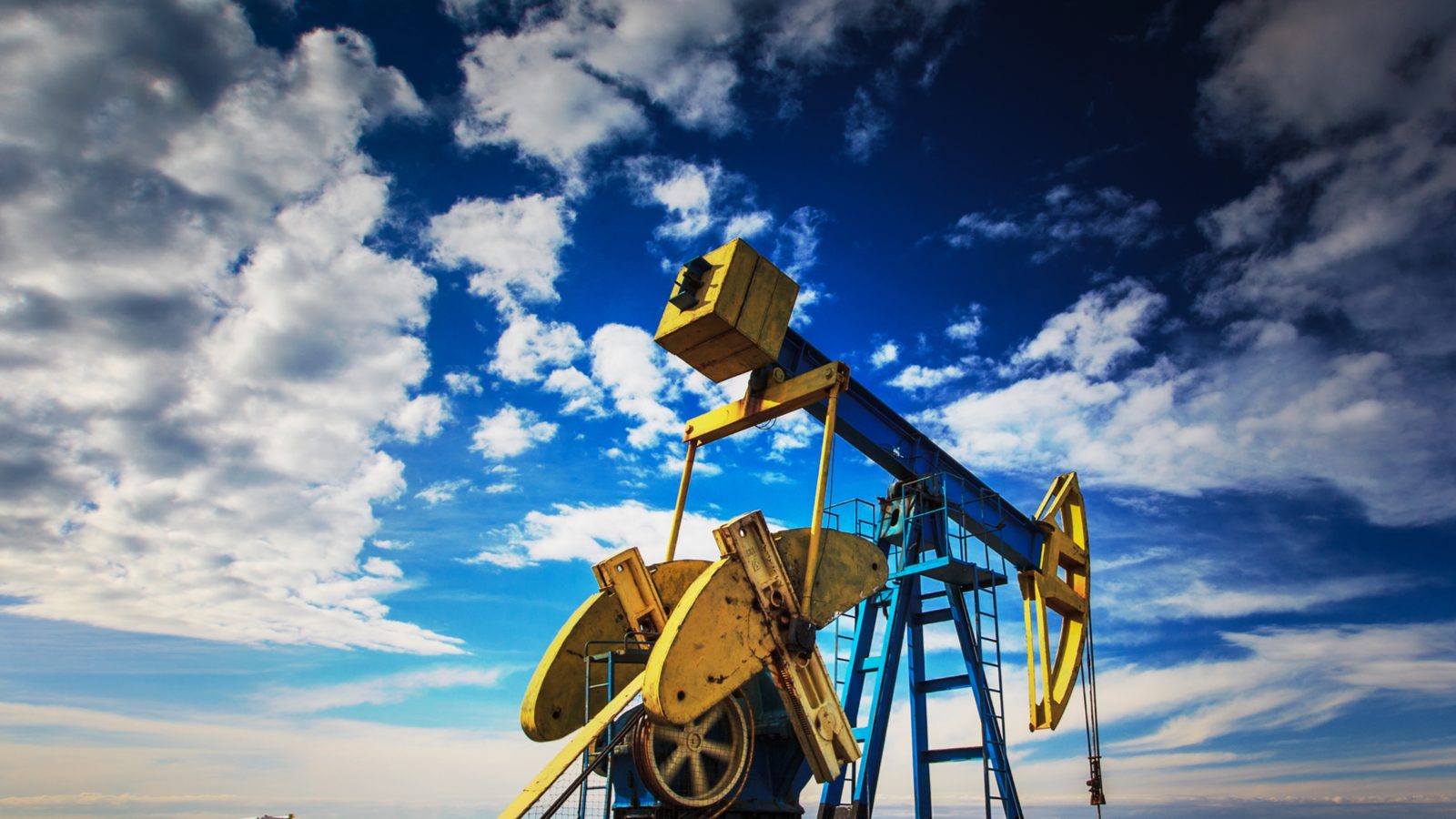These are the Health Hazards and Consequences of Living Close to Oil and Gas Chambers
A study conducted by Stanford researchers revealed some horrifying health hazards that resulted from living in close proximity to regions that are a hub of oil and gas wells. Within 2.5 miles of such areas, there have been increased levels of air pollutants traced.
The exposure to such densely polluted air has negatively impacted the health of people residing there. The damaging health conditions have been jarring including asthma attacks, cardiac irregularities and preterm births.
The Environmental Protection Agency stated that ozone, a potent oxidant known to cause wheezing, shortness of breath and enhanced lung disease was found within 2.5 miles perimeter of oil and gas operations regions thereby putting children at a greater risk with their lungs still developing.
The statistical data published in the ‘Science of The Total Environment’ will enable scientists to ascertain the correlation of air pollutants and health risks; and to what degree it could potentially damage the body; and accordingly think of ways to battle the worsening situation.
There have been instances in California of people falling chronically ill due to the prolonged period (decades) of exposure to such areas (oil fields) with higher air pollutants.
These studies will be instrumental in formulating public health policies that are a must to alleviate residents’ exposure to air pollution from gas factories. It will strengthen the policymaking around residential setbacks from drilling sites.
Recently, reports of LA County phasing out oil and gas drilling surfaced. Owing to the adverse climate changes, environmental impacts and equity, several other cities are considering drilling regulations to reduce the health impact.
These chambers contribute toxic particulate matter (PM2.5), carbon monoxide, nitrous oxide, ozone and volatile organic compounds (VOCs) in the air.
This calls for environmental justice if we need to protect the future generation that are vulnerable to incurring severe health risks due to the poor local air quality.
It has been found that when a new well is being drilled or reaches 100 barrels of production per day, the deadly particle pollution (PM2.5) shoots up by two micrograms per cubic meter about a mile away from the site.
The ‘Science Advances’ published a news article that states that long-term exposure to one additional microgram per cubic meter of PM2.5 enhances the danger of death from COVID-19 by 11%.
Read all the Latest News, Breaking News and Coronavirus News here. Follow us on Facebook, Twitter and Telegram.
For all the latest lifestyle News Click Here

